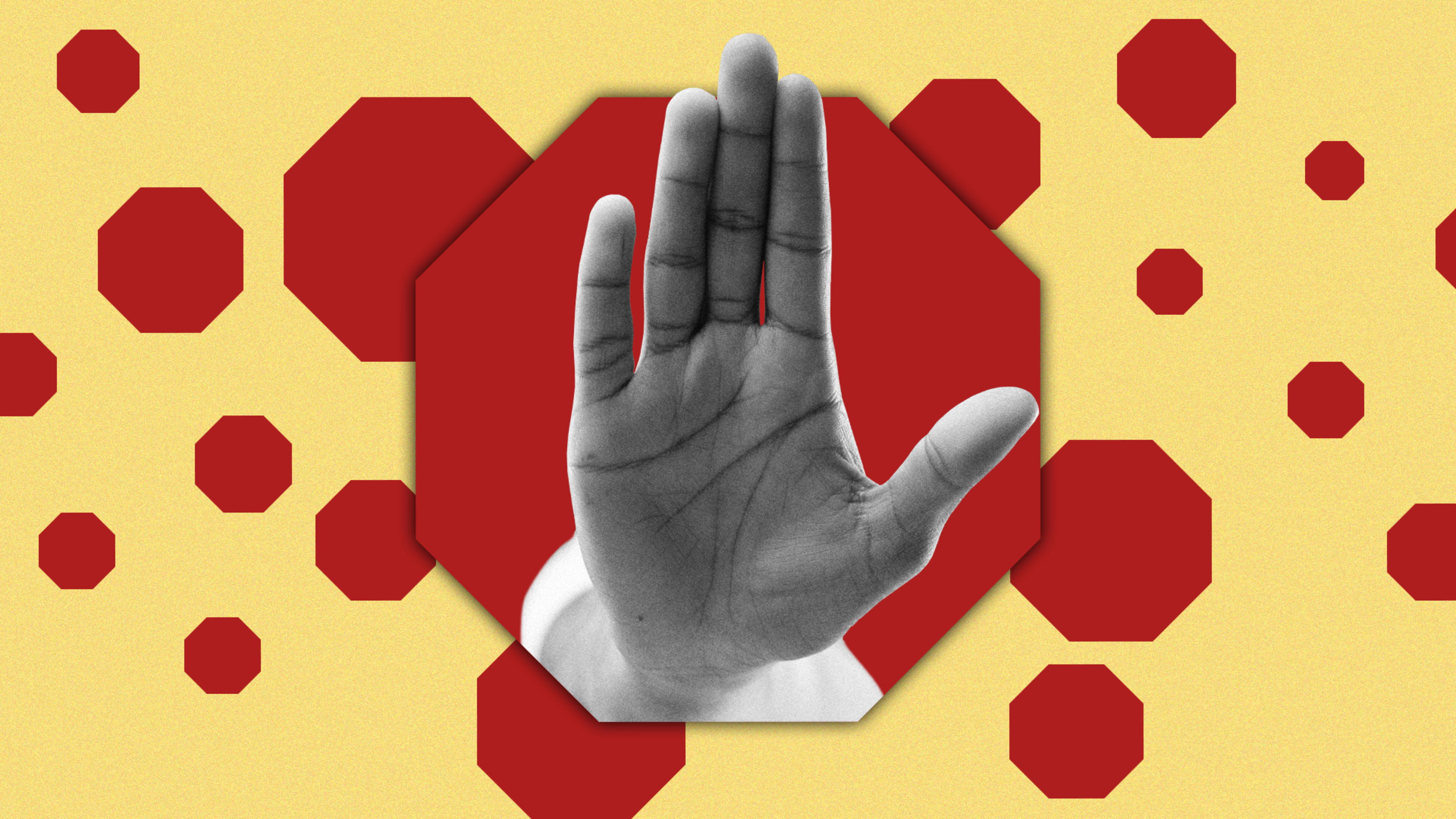Back in November 2016, Nandini Jammi cofounded the advertising watchdog Sleeping Giants with Matt Rivitz to keep brands accountable and aware of what online content their advertising was funding. It routinely called out major brands for funding racist and discriminatory content on such outlets as Breitbart, Fox News, and Tucker Carlson’s The Daily Caller.
Their efforts caught on, leading to Sleeping Giants affiliates in countries around the world, from Europe to Brazil. In January, the French Senate passed a law against online hate that included the “Sleeping Giants amendment,” after the still anonymous activists running Sleeping Giants France, that forces advertisers to report their advertisement site lists to the public every month.
Now, after three years of voluntarily helping brands identify the sites that their ads are—in some cases—unintentionally funding, Jammi and her business partner Claire Atkin have launched a new consultancy called Check My Ads to formalize their work.
“I’ve been working on Sleeping Giants for years, and why am I still seeing ads for normal companies on sites like The Gateway Pundit?” says Jammi, referencing the far-right wing outlet known for spreading conspiracy theories. “How much longer do we have to keep doing this? This problem hasn’t been solved at all, which is strange because the ad industry claims to have been working on this problem for years. So why are the basics not taken care of?”
Proctor & Gamble has announced a $5 million fund to “fight for justice” like it’s some kind of a big deal.
For context, this is the same co that casually realized in 2017 that they’d pissed away $200 million in ad fraud. @marcpritchard1, you’re not doing enough. https://t.co/HbgkeeZCpn
— Nandini Jammi (@nandoodles) June 14, 2020
Atkin and Jammi first met at a Vancouver conference last year, and their new firm aims to help marketers first identify whether their ad budgets are inadvertently funding hate speech, conspiracy, and disinformation. Then they want to help translate that knowledge into a better, safer media strategy and establish best practices going forward.
Jammi places the bulk of the blame for where many marketers find themselves at the feet of the ad-tech giants. Over the last decade, such firms as Integral Ad Science, Rubicon Project, and Criteo have created the systems controlling the programmatic ad ecosystem that rules most digital advertising. She says these firms talk a big game when it comes to brand safety, but the proof of their deficiency is the continued relevance and need for the work of Sleeping Giants. These are volunteers showing multimillion-dollar corporations where their systems are going wrong and hurting their brand clients.
“They place the ads wherever because they get paid on impressions,” says Jammi. “I’m seeing the worst sites on the internet being monetized by these ads, and when I flag it to these companies, they remove it immediately but they are working under the cover of, ‘Oops, we didn’t catch that one. . . . Thanks for bringing it up!'”
What happens when you check your ads? Here’s an IRL example from today’s BRANDED:@HeadphoneDotCom was spending $1200/day & appearing on hate sites w/ @Criteo. After we checked their ads, they’re now spending $40/day for the SAME RESULTS. https://t.co/MhaOQU0yKd
— Nandini Jammi (@nandoodles) June 10, 2020
There’s also a major issue right now around brands blocking certain keywords to protect their ads from showing up alongside offensive or even uncomfortable content. The problem with that is when you block a term like “racism,” you could also be blocking legitimate journalism that would actually make your brand look better. In a recent issue of Jammi and Atkin’s newsletter, Branded, which they started earlier this year, Atkin wrote how Fidelity Investments had both “immigration” and “racism” on its keyword blocklist, preventing the financial company from funding any essential reporting around two incredibly important issues.
Last week, Vice Media’s VP of global revenue products and services, Paul Wallace, said that while stories related to George Floyd, protests, riots and Black Lives Matter were getting the most traffic, the advertising rates were 57% lower on them than articles unrelated to those terms.
Jammi wants to make it clear that Check My Ads has no outside backing, nor are they trying to sell any ad technology. “We’re here to keep your brand safe,” she says. “We want you to be able to get your brand out there, make your marketing goals, but help you do it responsibly and sustainably.”
She says the new company is designed to be a counterbalance to many in the ad-tech industry that she says are giving their client misinformation, putting their own interest and bottom lines ahead of brands.
“The results are obvious, as the brands are the ones who have to deal with the fallout of these mishaps,” she says. “We think that brands and brand marketers hold the power in this system. That entire optical illusion of the ad-tech system revolves around brand marketers never checking their ads. Every layer claims to be vetting inventory, using only premium publishers, but obviously the outcome does not match the claim.”
The other reason they founded Check My Ads is that after three years at Sleeping Giants, Jammi is tired of waiting for someone else to step in to fix what she sees as a systemic problem in programmatic advertising. “We don’t have years to keep fighting individual hate sites,” says Jammi. “It shouldn’t be up to a volunteer organization to do this for them.”
Recognize your brand’s excellence by applying to this year’s Brands That Matter Awards before the early-rate deadline, May 3.
